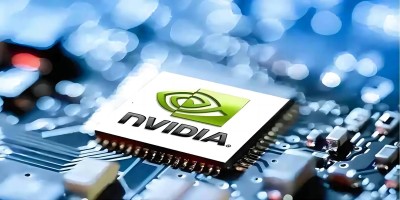According to internal sources, the US government is considering deepening export controls on China aimed at blocking China's access to advanced full-gate field-effect transistor (GAA) technology and high bandwidth memory (HBM) technology, both of which are key elements of high-end chip manufacturing and particularly affect the performance of artificial intelligence accelerators.
GAA transistor designs are notable for their ability to significantly increase transistor integration and bring optimization in power consumption and performance, and currently only Samsung Electronics has commercialized them in its most advanced 3-nanometer process. Intel and TSMC plan to introduce GAA technology to Intel 20A nodes and 2 nm nodes, respectively. Such restrictions, if implemented, will undoubtedly create more barriers to China's access to cutting-edge semiconductor technology.

Although the existing export control strategies of the United States, Japan and Europe have limited China's access to semiconductor manufacturing equipment below 16/14 nm, the Chinese semiconductor industry has still shown resilience, improving the existing process level through various ways, including achieving large-scale production of 7 nm chips. And explore the possibility of advancing to a 5-nanometer process without the need for extreme ultraviolet lithography (EUV) equipment.
Industry insiders pointed out that Chinese semiconductor manufacturers may try to integrate GAA technology into the existing 7nm process, although this is not fully comparable to the advantages of 3nm and below GAA technology, but it is still expected to make some progress in energy efficiency and performance. With existing chip manufacturing facilities, China may be able to overcome the difficulties with single-step patterning technology.
Zhang Ping 'an, head of Huawei's cloud computing department, recently predicted that it would be difficult for China to obtain chip manufacturing equipment of 3.5nm and below in the short term, stressing that it should focus on tapping and optimizing the potential of the current 7nm process.
As of now, the specific terms of strengthening the export restrictions on GAA technology have not been officially announced, and the rumors are based on anonymous sources, and their authenticity has yet to be verified. By contrast, the new restrictions on the export of HBM technology seem to be more urgent, given the importance of HBM technology to drive innovation in artificial intelligence chips and the development of generative AI models, and artificial intelligence is a core technology area that the United States tightly controls and imposes restrictions on China.
* Disclaimer: This article is from the Internet, if there is any dispute, please contact customer service.



